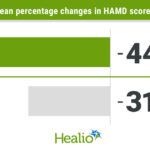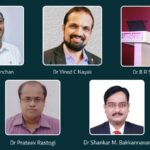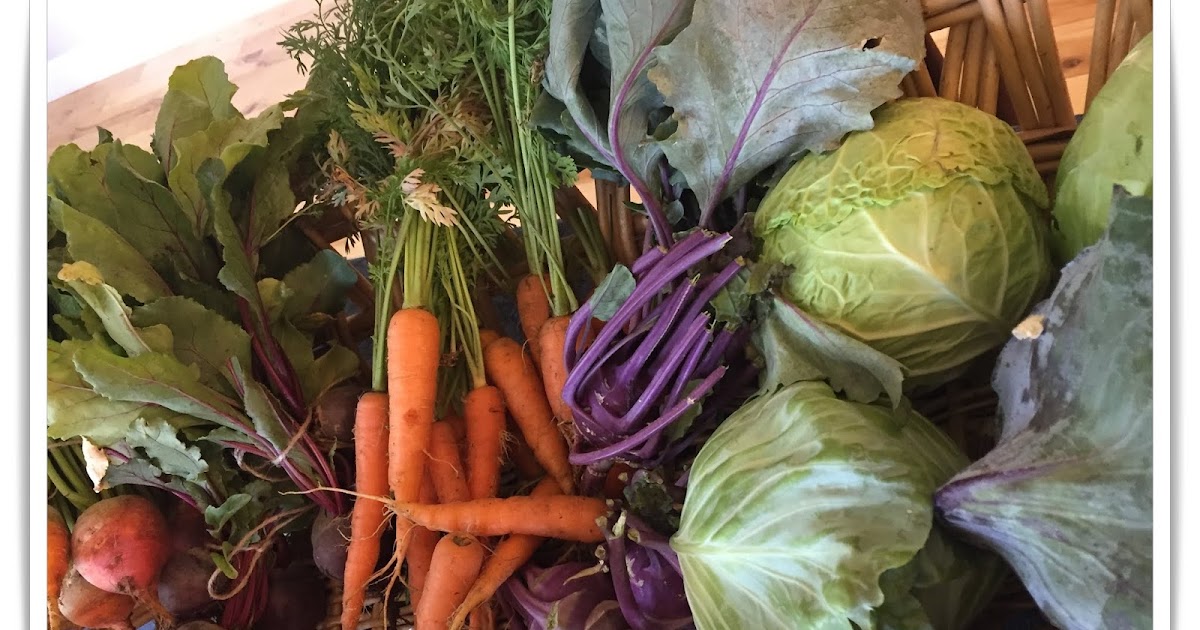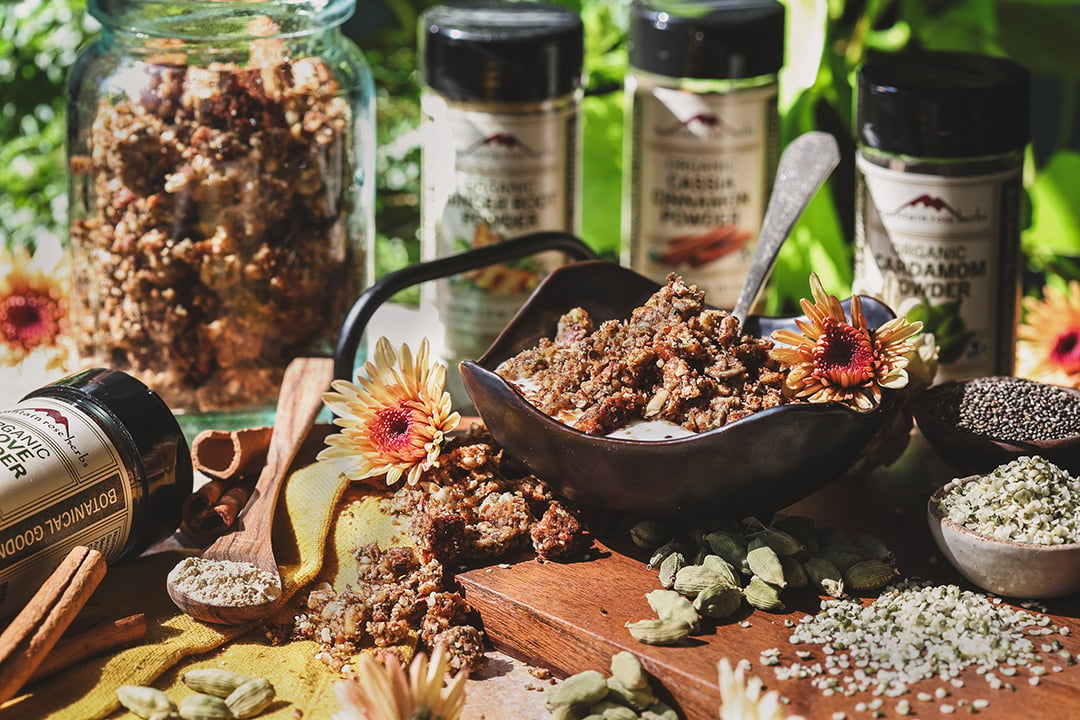
Keep Pharmaceuticals, Heavy Metals, Micro Plastics and PFAS Off Our Farmlands and Out of Our Food
To protect human health and the environment, the Environmental Protection Agency should fully re-evaluate the multiple problematic ingredients found in the sewage sludge that is now being spread on farmland. Sewage sludge contains toxic substances like PFAS “forever chemicals,” pharmaceuticals, hormone disruptors, microplastics, and heavy metals that contaminate soil, water, and food.
These contaminants have been shown to lead to cancer, reproductive issues, developmental problems, and long-term environmental damage. PFAS “forever chemicals” persist in the environment and accumulate in the food chain. Pharmaceuticals and personal care products can cause antibiotic resistance and hormonal disruptions. Heavy metals like lead and mercury are also absorbed by plants and enter the food chain.
In the U.S., there are generally three options for use or disposal of sewage sludge: land application, landfilling, and incineration, despite these known toxic substances, the EPA encourages the disposal of sewage sludge on farmland, as a way to dispose of it, misrepresenting biosolids to farmers as a safe, cost-effective, and natural alternative to chemical fertilizers when nothing could be further from the truth.
We need a ban now!
The EPA must ban the use of sewage sludge on farmland to prevent further contamination and sickness. Maine and Connecticut have already enacted bans. We need to ban it in all of our states! Instead, we should promote organic and regenerative farming practices that prioritize human health, environmental protection, and a safe food system.
TAKE ACTION: Tell the EPA to Ban Toxic Sludge from Farmland!
READ: Plastics Found Inside Vegetable Tissues for the First Time, Raising New Food Safety Concerns
Learn how to avoid eating microplastics and chemicals in plastic

WORLD FOOD DAY
Join the People’s Food Summit: Stories From the Global Leaders Who Are Transforming the Future of Food
On World Food Day, October 16th, we unite farmers, researchers, activists, and communities from every continent for a 24-hour virtual journey into the heart of regenerative agriculture. This year’s summit will spotlight farmer-led solutions, indigenous knowledge, and innovative research driving food system transformation worldwide.
Through regional panels, cross-continental dialogues, and participatory research showcases, we’ll explore how soil, water, biodiversity, and community resilience can be restored, one field, one farm, and one network at a time. From climate-resilient grazing in drylands to agroforestry in temperate and tropical regions, from urban gardens to vast rangelands, the People’s Food Summit celebrates the 70% of the world’s food grown by small-scale producers, and charts a regenerative path forward for all.
Why We Host a Food Summit in Parallel to the UN Event
The United Nations Food Systems Summit has been hijacked by corporate agribusiness and pesticide interests—notably reinforced through its 2019 partnership with the World Economic Forum and the appointment of AGRA’s head, Agnes Kalibata, as UN Special Envoy. More than 550 civil society groups formally called on the UN to withdraw from this agenda—but no meaningful changes were made
In response, we created The People’s Food Summit—a truly participatory, 24-hour virtual event led by and for small-scale farmers, pastoralists, and foresters who grow 70–80% of the world’s food. Here, we uplift real-world, regenerative solutions—from agroecology and permaculture to holistic grazing and agroforestry—offered by communities, not corporations.

NATIONAL CORN DAY
Mexico Celebrates Maize, Resistance to GM Corn
Timothy A. Wise writes:
“All over Mexico today people are celebrating National Maize Day, with feasts and festivities honoring the country’s treasured crop. They are also commemorating the 12-year anniversary of the judicial ruling that put a stop to experimental planting of genetically-modified corn in the country, the product of a class-action suit filed by an upstart coalition of farmer, environmental, and consumer groups known as the Demanda Colectiva.
That campaign, which I documented in a chapter of my book Eating Tomorrow, withstood a blizzard of appeals by Monsanto and other multinational seed companies. It stopped GM corn cultivation in its tracks, over the opposition of the Mexican government at the time. It later led to a presidential decree by a new government that banned GM corn cultivation and direct consumption in tortillas and a vigorous if ill-fated defense in a trade dispute filed by the U.S. government. Despite that ruling, the Mexican government enshrined the ban on GM corn cultivation in its constitution.”

BILLIONS AGAINST BAYER
Pesticides in Your Produce? Probably.
Liza Gross, Inside Climate News:
“If you eat a daily serving of fruits and vegetables, critical components of a healthy diet, you’re likely ingesting a hefty dose of pesticides too, new peer-reviewed research shows. Eating fruits and vegetables with the highest pesticide exposure scores was associated with higher urinary biomarker levels for three classes of neurotoxic pesticides: organophosphates, pyrethroids and neonicotinoids.
These insecticides have been linked to neurodevelopmental problems, including autism spectrum disorder, neurobehavioral problems such as aggression and depression, cancer, asthma and other respiratory ailments. Infants, children and pregnant women are most susceptible to the effects of pesticide exposure.
‘Buying organic produce also helps push markets and food producers to invest more in organic farming’, said Kay. ‘That, in turn, protects farmworkers from being exposed to high levels of toxic chemicals in their jobs, and it reduces the amount of pesticides that end up in our food, drinking water and environment.’”
TAKE ACTION: Tell the EPA: Keep Chlormequat Off U.S. Grown Food–and Get It Off Imports!

SUPPORT OCA & RI
Help Us Take a Stand Against Toxic Sewage Sludge on Farmland
The myth that toxic sewage sludge is safe to dump on area gardens and farms is is a dangerous lie.
You can read in our alert above that USDA’s own scientific evidence reveals the presence of numerous dangerous substances in municipal sewage sludge, including pathogens, “forever chemicals,” heavy metals, flame-retardants, endocrine disruptors, carcinogens, and pharmaceuticals.
Using sewage sludge for fertilizer is leading to serious health issues and environmental damage, but many consumers are unaware that this toxic stew is sold to farmers who use it to fertilize food crops and that this information is not required to be disclosed.
Choosing organic is the best way to protect yourself and loved ones but it’s not always possible. Addressing the sewage sludge issue is so critical as it is wreaking havoc on our environment and exposing those who do not have access to organic foods.
OCA has been fighting to protect human health and the environment from the dangers of sewage sludge on farmland and gardens since 2010!
Join us in calling for a ban!
Please donate now to help us push for an end to the toxic practice of spreading sewage sludge on farmland, to demand change and create a healthier future for our communities and planet.
Make a tax-deductible donation to Organic Consumers Association, a 501(c)(3) nonprofit
Make a tax-deductible donation to Regeneration International, our international sister organization
Have you considered making a grant request from your Donor-Advised Fund?

HEALTH
Long Lives Helped Early Humans Thrive
Michael D. Gurven, Nautilus:
“We’re living longer now than ever before in human history. Not just the extreme record breakers like 121-year-old Jeanne Calment, but average global life expectancy is at an all-time high of about 73 years. While life expectancy has increased over the past two centuries, human potential for long lifespans has been with us for far longer.
What a revelation that this potential for long life is an essential part of who we are. It’s not just a recent embellishment thanks to modern medicine. Understanding how this long life came to be in the first place is what motivated me to live and work among small-scale societies like the Ache of Paraguay and the Tsimane of Bolivia, and to write my recent book Seven Decades. Long life evolved because it helped our hunting and gathering ancestors survive harsh environments: The younger generations relied on the experience, wisdom, and support of the elders to make ends meet.
None of us can avoid the travails of aging, but figuring out which aspects of our gradual demise vary across environments and behavior could help us learn to build resilience.”

USDA WATCH
A Key Agriculture Census Doesn’t Reflect Reality
Rebekah Alvey of Civil Eats interviews University of Iowa professor Silvia Secchi:
“In a recent paper, ‘Who is an American farmer? Who counts in American Agriculture?’ she argues that the definitions used in the current census, released in 2024, have inflated the number of farms in the country by including private and non-commercial operations.
The census fails to capture the level of consolidation happening in the industry, she says, with multiple farms belonging to the same corporation.
Women and farmworkers are also misrepresented in the census, Secchi says, because it does not collect enough information on younger, disadvantaged farmers who may benefit from improved federal policies, safety nets, and support. USDA is an equal opportunity discriminator in the sense that it doesn’t matter who’s in the White House.
USDA has historically discriminated against minority farmers and against farmers who were doing things out of the box that didn’t fit the policy.”

2025 PLANETARY HEALTH CHECK
Ocean Acidification Threatens Planetary Health: Interview With Johan Rockström
Julian Reingold, Mongabay:
“Mongabay: How can we draw attention back to climate change amid war in the Middle East, the Ukraine and elsewhere? Or do we tie all these fights together?
Johan Rockström: It’s a very important question, and not an easy one. It is not only unfortunate but also irresponsible — at a time when we’re putting the live ability stability on Earth at risk — to allow ourselves to have so many domestic, geopolitical, nationalistic and armed conflicts, because the attention moves away from climate action.
Peace is equally essential to the health of the planet, but the problem is that the world of today, unfortunately, is unable to keep attention on more than one [big issue] at a time.
This means that there’s a risk of drifting away from solving the climate crisis, and that has not only to do with the attention shown by leaders, but also, where does the money go? The money increasingly goes to defense — not only to armed conflicts, but to the armament of economies.
Is the solution to merge these topics [simultaneously seeking combined climate change and conflict solutions]? My answer is no; we should not merge them.
Why? It is not because they are not connected: We have rising evidence that eroding and breaching planetary boundaries leads to food and energy insecurity, [less] secure access to land, which leads to migration displacement, social collapse and conflicts.”

INDUSTRIAL AGRICULTURE
Cancer in the Corn Belt
The New Lede, EWG:
“TNL’s Editor-in-Chief Carey Gillam traveled to Iowa to hear directly from the people living through an ongoing water crisis. In conversations with residents, farmers, politicians and scientists, a troubling picture emerged: dangerously high levels of nitrates and pesticides are contaminating drinking water across the state. Many fear this pollution is fueling Iowa’s unusually high — and still rising — cancer rates.
Community members share personal stories of illness and frustration, while farmers and politicians struggle to navigate the tension between protecting a farm-driven economy and addressing growing concerns over water safety and public health.
Cancer in the Corn Belt is an ongoing series exposing evidence that Iowa’s industrial agriculture is fueling a public health crisis: soaring cancer rates and heightened risks for babies and pregnant women.
From new science to the stories of struggling families, the series highlights environmental causes, lax regulation and calls for bold reforms in America’s Heartland.”
See the full series “Cancer in the Corn Belt”
WATCH: “Beneath the Surface of Iowa’s Water Crisis”
TAKE ACTION: Tell Congress to Ban Roundup, Not Bail Out Bayer!

NEW REPORT
The One Trick Gen Z Is Using To Escape Doomscrolling, by a Psychologist
By Mark Travers, Forbes:
“According to a report from Payless Power, 64% of Americans describe themselves as doomscrollers, 43% doomscroll daily and Gen Z is the most likely to do so, with 81% identifying themselves as doomscrollers.
Social media algorithms are programmed to make you scroll as long as possible, and one of the best hooks is a threat to your well-being. You tap on an app and begin scrolling nearly out of habit. You look at one reel of a bad thing that has happened, and suddenly one video becomes two, and you end up scrolling for hours.
All of a sudden, you’ve ingested copious amounts of disturbing news, and rather than feeling informed, you are filled with dread at the general state of the world and all the things that can go wrong.”

LITTLE BYTES
Other Essential Reading and Videos for the Week
With great sadness, the Jane Goodall Institute confirmed the passing of the organization’s founder, Dr. Jane Goodall, age 91, who died of natural causes in Los Angeles, CA on Wednesday October 1st, while on her speaking tour in the United States. Rest in Peace Jane Goodall, you changed the world! All of us at the Organic Consumers Association and Regeneration International are grateful for and inspired by your wisdom, commitment and passion. You will be so missed!
2025 Forbes Sustainability Leaders Summit | A Conversation with Jane Goodall
Denver’s Food Forests Provide Free Fruit While Greening the Environment
Becoming Nature Positive Book Now Free To Read Online
Flint Health, Treatment Officials Say ‘Gas Station Opioid’, Kratom Is Creating New Wave of Addicts
85% of People Want Global Ban on Single-Use Plastics
All Families in New Mexico Will Get Free Childcare in Unprecedented Policy Move
Expert Reveals Low-Maintenance Method for Thriving Garden: ‘So Interesting’
World’s Oldest Person Had a Young Microbiome and ‘Exceptional Genome’
Acadia National Park Removes Educational Signs About Climate Change, Indigenous History
The Rising Threat of Extreme Heat for Young Athletes
The Woman Holding Chinese Mining Giants Accountable
These Rural Communities Feed the World. They’re Also Going Hungry.
The post Organic Bytes Newsletter #913: Don’t Grow Our Food in Wastewater Sludge! appeared first on Organic Consumers.
















